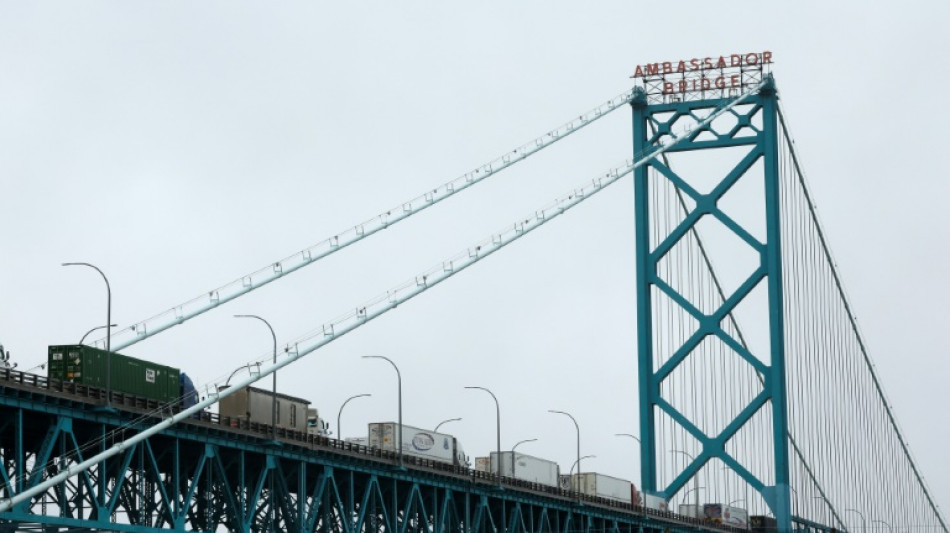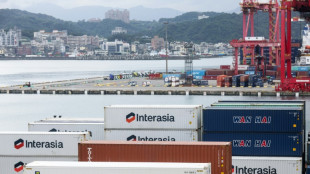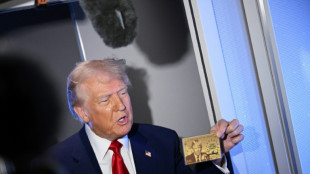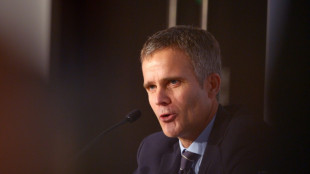

Stellantis pausing some Canada, Mexico production over Trump auto tariffs
Auto giant Stellantis said Thursday it was pausing production at some plants in Canada and Mexico, the first disruptions to hit the sector since US President Donald Trump's tariffs on foreign-made vehicles came into force.
The announcement from Stellantis -- which owns Chrysler, Jeep and Dodge, among other major brands -- impacts thousands of workers who have faced fear and uncertainty amid Trump's efforts to force auto companies to make more vehicles in the United States.
"Stellantis continues to assess the effects of the recently announced US tariffs on imported vehicles," a company statement said.
"Immediate actions we must take include temporarily pausing production at some of our Canadian and Mexican assembly plants," it added.
Vehicle production in North America is highly integrated and the full impact of Trump's 25 percent levy on foreign-made vehicles and parts, which came into effect on Thursday, remains unclear.
Individual parts can cross the US-Canada border several times during the assembly process.
Officials have said Trump's tariffs will apply only to a vehicle's non-American components, but implementing that policy may be complicated.
Stellantis said it would "continue to engage with the US administration" on its new auto sector policies.
The company confirmed the Chrysler plant in the Canadian city of Windsor, across a river from US auto capital Detroit, will pause production from April 7 to 21.
The factory, which employs around 4,000 people and is one of three Stellantis has in Canada, manufactures the Chrysler Pacifica minivan and the electric version of the Dodge Charger.
- 'Everybody's uncertain' -
Windsor has been on edge since Trump first announced his plans for auto sector tariffs.
US auto companies have employed people in the city for more than a century and the industry is vital to the local economy.
Detroit and Windsor are connected by a suspension bridge and tunnel, with auto industry workers crossing back and forth daily.
Outside the Stellantis plant on Thursday, 58-year-old auto worker David Lumley told AFP Trump was making "a big mistake."
"We're all intertwined," he said.
A two-week production pause was manageable, he said, but warned "we don't know what's going to happen after the two weeks," raising concern Windsor's auto industry could ultimately shut down.
"This Donald Trump, you don't know what he's going to do," Lumley said.
Trump has publicly told auto companies that to avoid tariffs they need to build plants in the United States and employ American workers.
Industry experts note North American production chains have developed to maximize efficiency and unwinding those links to relocate jobs to the United States would take years, if not decades.
On a break outside the Windsor plant, Philip Sauve rejected Trump's suggestion that he had taken a job that rightfully belongs to an American.
"I feel like these jobs have been ours for a long time and I don't really feel like we've taken anything from them," he told AFP.
He voiced hope Ottawa and Washington would reach a deal "that makes sense."
Trump and Canadian Prime Minister Mark Carney spoke last week and agreed Washington and Ottawa should discuss the broader future of bilateral trade after Canada's April 28 election.
"You feel nervous and you don't know what the future's going to be like," Sauve said.
He told AFP his auto job "provided a good situation at home for my raised family. Food on the table and a house and a pretty good life so far and I would like to continue that."
burs-bs/aha
O.Braun--MP




